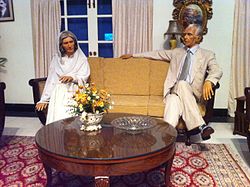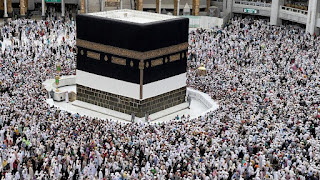Geeta Books India: A History in 2000 Words
Geeta Books India holds a significant place in the history of publishing in India. Established in the early 20th century, the company has played a pivotal role in promoting Indian literature and culture. In this 2000-word account, we will explore the history of Geeta Books India, tracing its origins, growth, and contributions to the Indian publishing industry.
Origins and Early Years: Geeta Books India was founded in 1925 by Shri Ram Das Sharma, a visionary entrepreneur with a deep passion for books and knowledge. The company was named after the holy scripture of Hinduism, the Bhagavad Gita, symbolizing the values of wisdom, spirituality, and enlightenment.
Initially, Geeta Books India started as a small bookstore in Delhi, catering to the local population's reading needs. Sharma envisioned a publishing venture that would not only provide books but also actively promote Indian literature and culture. With this vision in mind, Geeta Books India began publishing its own titles, focusing on Indian classics, religious texts, and philosophical works.
Growth and Expansion: Geeta Books India quickly gained recognition for its quality publications and its commitment to preserving and disseminating Indian knowledge. As the demand for Indian literature grew, the company expanded its operations, establishing distribution networks across various states in India. This expansion allowed Geeta Books India to reach a wider audience and contribute to the spread of Indian intellectual heritage.
The company's success can be attributed to its emphasis on publishing diverse genres, including fiction, poetry, history, philosophy, and spirituality. Geeta Books India became a platform for both established and emerging Indian authors, nurturing and promoting literary talent across the country.
Preservation of Indian Culture: One of the remarkable contributions of Geeta Books India has been its dedication to preserving and promoting Indian culture. The company recognized the importance of preserving ancient scriptures, epics, and regional literature. It embarked on a mission to revive and publish forgotten works, ensuring that they would not be lost to time.
Geeta Books India collaborated with scholars, linguists, and historians to meticulously translate and compile texts from various Indian languages, making them accessible to a wider audience. This effort helped revive interest in regional literature and enabled readers to delve into the rich cultural heritage of India.
Educational Initiatives: Geeta Books India recognized the crucial role of education in societal development. The company took several initiatives to support educational institutions and foster a love for reading among students. It established partnerships with schools and colleges, providing them with a range of educational materials, including textbooks, reference books, and study guides.
Furthermore, Geeta Books India actively participated in literary events, book fairs, and seminars, where it organized workshops and interactive sessions for students. These initiatives aimed to cultivate a reading culture, inspire young minds, and encourage them to explore the vast world of literature.
Technological Advancements: As the publishing industry evolved, Geeta Books India embraced technological advancements to stay relevant in the digital age. The company ventured into e-publishing and digitization, making its publications available in various electronic formats. This transition allowed Geeta Books India to cater to the changing preferences of readers who sought digital content.
Geeta Books India also launched its own online bookstore, enabling customers to browse and purchase books conveniently from anywhere in the world. The website featured a vast catalog of titles, including not only its own publications but also works from other renowned publishers.
Social Initiatives: Geeta Books India's success in the publishing industry did not deter it from engaging in social welfare activities. The company recognized the power of books to bring about positive change in society, particularly among disadvantaged communities. Geeta Books India initiated various programs to promote literacy, donating books to libraries, schools, and organizations working for the upliftment of underprivileged sections of society.
Additionally, the company actively supported authors from marginalized communities, providing them with a platform to share their unique perspectives and stories. Geeta Books India played a vital role in amplifying the voices of these authors, fostering diversity and inclusivity in Indian literature.
Continued Relevance: Today, Geeta Books India continues to thrive as a prominent publishing house in India. With its rich history and legacy, the company remains committed to its founding principles of promoting Indian literature, culture, and education. Geeta Books India's publications have gained international recognition, contributing to the global understanding and appreciation of Indian knowledge systems.
In conclusion, Geeta Books India stands as a testament to the enduring power of literature and the significant role of publishers in shaping a nation's intellectual landscape. Through its commitment to Indian literature, preservation of cultural heritage, educational initiatives, technological advancements, and social welfare activities, Geeta Books India has left an indelible mark on the Indian publishing industry.
.jpg)
.jpg)
.jpg)
.jpg)


.jpg)




.jpg)
.jpg)
.jpg)



.jpg)



.jpg)
